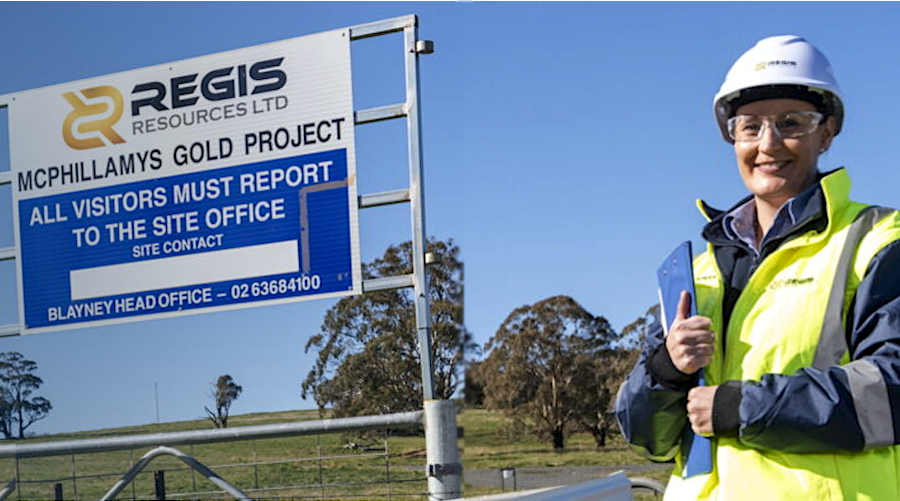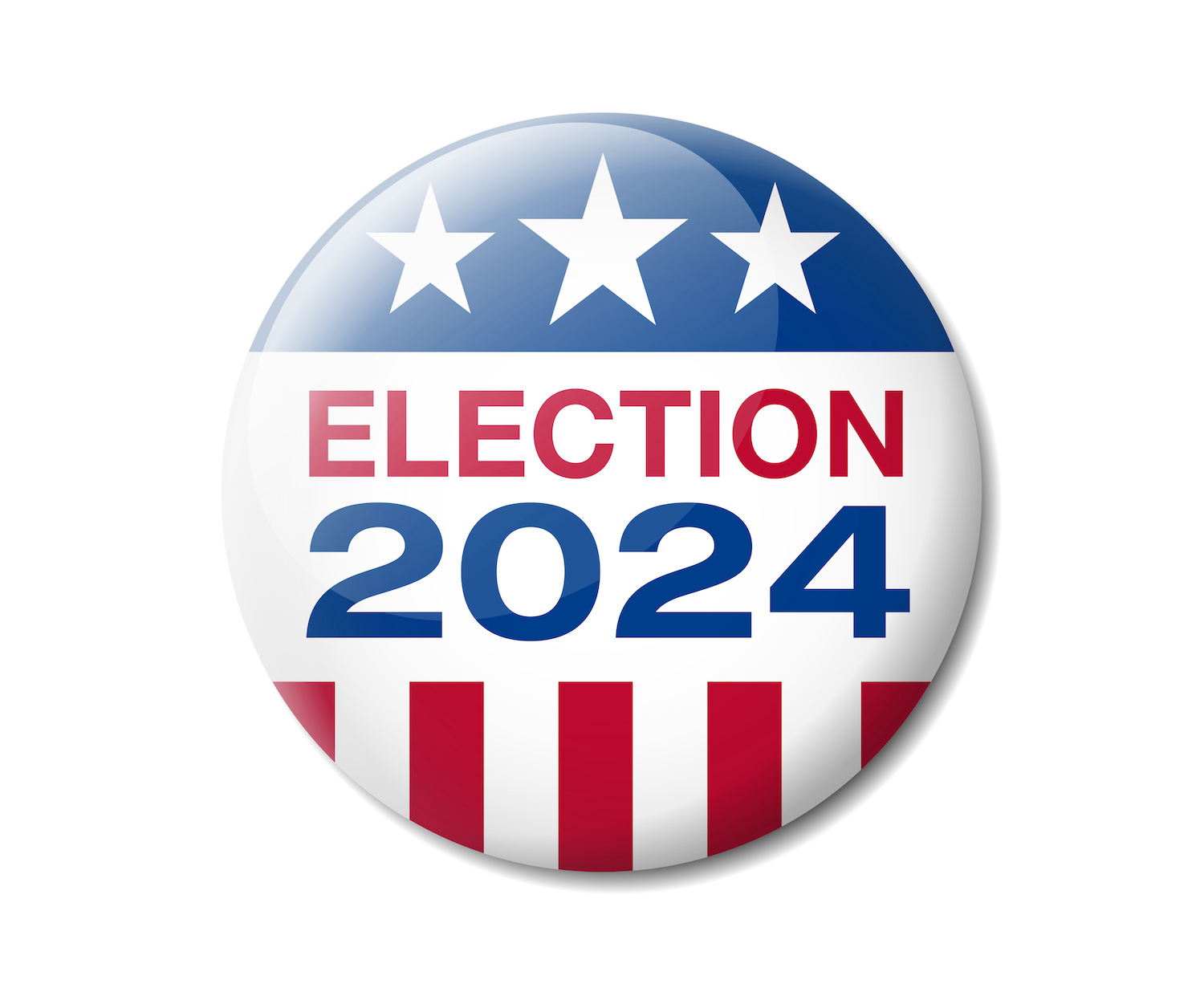Friday, November 29, 2024
Tuesday, November 26, 2024
Friday, November 22, 2024
Thursday, November 21, 2024
Wednesday, November 20, 2024
Tuesday, November 19, 2024
Monday, November 18, 2024
Ghana positioned as key player in global oil and gas market following policy reforms

During this year’s African Energy Week: Invest in African Energies, a Ghanaian delegation engaged in forward-looking discussions, outlining key opportunities across the country’s energy industry.
On the back of a series of policy reforms and regulatory changes, Ghana has positioned itself as a globally competitive oil and gas market. The country has put in place ambitious energy targets and strives to boost oil production while stimulating development across the natural gas value chain.
A Ghanaian delegation at this year’s African Energy Week (AEW): Invest in African Energies outlined how aggressive reforms will position the country as a regional hub. The delegation’s participation not only underscored Ghana’s vital role in Africa’s energy future but reaffirmed the country’s commitment to AEW: Invest in African Energies – Africa’s largest, pan-African energy event.
Ghana has seen robust growth across its oil and gas value chain in recent months, with ongoing projects consolidating its position as a major producer. The Tema LNG plant – situated near the capital city Accra and operated by private equity company Helios Investment Partners – is set to begin production by the end of the year. Featuring infrastructure to import, store, regasify and deliver LNG to off-takers in the Greater Accra Area, the project will have a capacity of 1.7 million tons of gas per year.
Meanwhile, the Atuabo II Gas Processing Plant – developed by Ghana Gas alongside joint venture partners – is on track for production in 2025. The project, with a capacity of 150 million standard cubic feet per day (mscf/d), comprises the development of a second processing plant at the Atuabo project. Capacity could be doubled to 300 mscf/d, producing LNG, propane, butane and pentane condensates.
These projects are just two of the many underway that aim to scale-up the country’s gas monetization and distribution. Despite efforts to maximize resources, the country still offers a wealth of opportunity for exploration companies, underscoring its future role as a regional hub. At AEW: Invest in African Energies 2024, representatives from the country’s major energy players outlined these opportunities, inviting investors to join the growing market.
Speaking at this year’s conference, Egbert Faibille Jr., CEO of Ghana’s Petroleum Commission, emphasized that the country is both a stable and highly attractive investment market. He explained that political risk is “virtually non-existent” and that major projects showcase the potential for large-scale investments. Riverson Oppong, CEO of the Association of Oil Marketing Companies, echoed these remarks, highlighting that “Ghana does not simply copy and paste policies, but is often a reference point for best practices, including the zero-flaring policy and local content initiatives.”
The country, however, is not content with being a stable investment environment, with further reforms planned to bolster the market’s attractiveness even further, protecting investments and ensuring high returns for financiers. Speaking at an Invest in Ghana Energies roundtable at AEW: Invest in African Energies 2024, Faibille Jr., said that further reforms could be on the horizon, including amendments to laws requiring companies to allocate at least 15% of every project to the state as free and carried interest. The country is also looking at a more flexible oil royalty regime to attract capital, mitigating risk for companies and enticing heightened investment.
Dr. Sheila Addo, Director for Policy Coordination at the National Petroleum Authority of Ghana added that Ghana’s regulatory philosophy focused on a flexible and market-driven approach. She said that the country’s approach is “one of deregulation. We deregulate infrastructure, price and product supply.” These efforts affirm the country’s pro-investment approach to energy development and will serve as a catalyst for energy growth. As such, Ghana’s role in future energy markets is poised to grow, further amplified by a national drive to transform the economy from within.
“Ghana has proven time and time again that it is committed to long-term and sustainable investment. The country’s dedication to market-focused policies, strong project pipeline and continuous engagement with investors through platforms such as AEW: Invest in African Energies have driven economic growth. Going forward, Ghana’s participation at the annual AEW: Invest in African Energies’ events will boost the country’s energy development even further, with the country expected to continue to play a major part in the event for years to come,” stated NJ Ayuk, Executive Chairman of the African Energy Chamber.
Distributed by APO Group on behalf of African Energy Chamber.
Source: African Energy Chamber
Thursday, November 14, 2024
Wednesday, November 13, 2024
Tuesday, November 12, 2024
Monday, November 11, 2024
Friday, November 8, 2024
Thursday, November 7, 2024
Regis Resources sues Australian minister over blocked gold mine

https://www.mining.com/regis-resources-sues-australian-minister-over-blocked-gold-mine/
Regis Resources (ASX: RRL) has initiated legal proceedings to overturn a federal minister’s decision that halted its $1 billion McPhillamys gold and silver project in New South Wales, Australia.
Sign Up for the Precious Metals Digest
The Western Australia-based gold miner argues the ruling contained “several issues and alleged failures,” providing grounds for their legal challenge.
Regis contends that the decision has made their project unfeasible and had hinted at potential legal action in recent statements.
“None of the extensive expert evidence produced during the years-long processes we went through to approve the McPhillamys project and respond to the Section 10 application indicated there was Aboriginal cultural heritage that could not be appropriately managed,” managing director and chief executive manager, Jim Beyer, said in the statement.
The executive emphasized that no impartial data supporting Plibersek’s cultural heritage ruling has been found to date.
“In the weeks following the Minister’s decision, it has become clear that key findings made by the Minister regarding Aboriginal cultural heritage are vigorously disputed,” Beyer added.
Following the decision, Regis wrote down A$192 million ($128m at today’s rates), nearly the entire value of the McPhillamys project.
Warnings dismissed
Beyer accused the Minister and the Department of not adequately considering the company’s warnings about the consequences of such a broad declaration.
“Since the minister has not agreed to revoke the Section 10 declaration, we are now seeking judicial review and relief from the decision,” the company said.
Regis hopes that the Federal Court will declare the Section 10 ruling legally invalid and appoint a new decision-maker to reassess the claims.
The project had faced delays since October 2020, when the Section 10 application was submitted, despite having received all other major State and Federal approvals.
If successful in their judicial review, Regis expects the Federal Court to declare the ruling legally invalid and appoint a new decision-maker to reassess all claims.
Shares in the company fell on the announcement, closing almost 5% lower to A$2.48 each in Sydney on Thursday. That leaves Regis with a market capitalization of almost A$1.9 billion ($1.3bn).




